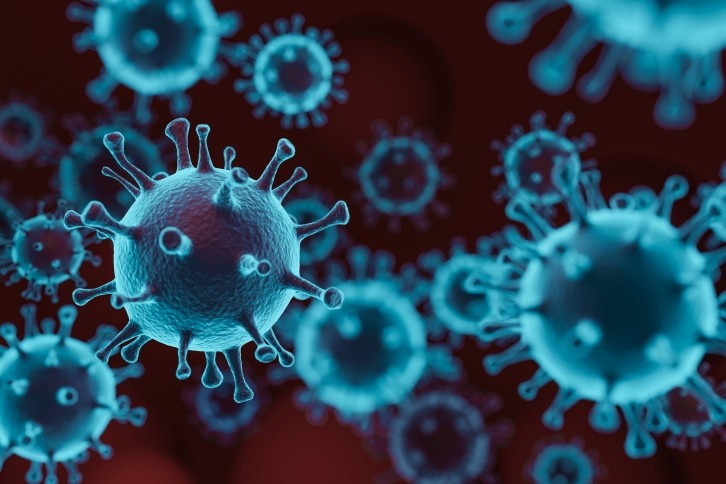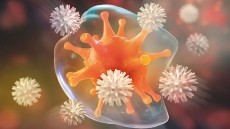COVID:19: L-carnitine supplement may have protective effect

Further chest scans also revealed that the supplemented group showed significantly improved lung lesion improvement, when compared to the placebo groups, highlighting its potential to slow COVID-19 progression.
L carnitine L-tartrate (LCLT) is the salt form of the amino acid derivative L-carnitine (LC) and this study evaluated the use of the LCLT 'Carnipure' supplement.
The ‘Nutrients’ published article highlights: “Our results showed that LCLT supplementation was safe and well tolerated, and may be protective, since we found a decrease in coagulation disturbance markers, as well as reduction in the severity of lung alterations when given to patients with mild COVID-19 (Cohort 2).”
“In conclusion, our data suggest that LCLT supplementation may have coagulation modulating effects and result in clinical improvement in patients with COVID-19,” they emphasise.
COVID-19 and inflammation
LC is responsible for the transportation of long-chain fatty acids into the mitochondria for oxidation, with previous studies highlighting its involvement in inflammatory pathway mediation by reducing inflammatory cytokines and oxidative stress.
It is known that COVID-19 is characterised by significant inflammation, whereby cytokine storms can lead to organ failure. These events have been noted to involve the upregulation of the ACE2 receptor; a protein to which the COVID-19 spike protein (S protein) binds and enables entry into host cells.
Subsequent research has investigated the influence of LC on reducing viral infection risk, with studies noting that supplementation was able to inhibit hepatitis C and Covid infection of the lungs.
Thus, the researchers sought to investigate the safety of daily supplementation with LC in those vulnerable to the COVID-19 infection or who have already tested positive, to determine its potential protective effect.
Study details
The scientists conducted a randomised controlled trial utilising two cohorts of participants. Cohort 1 contained 101 individuals with negative Covid-19 test results, whilst cohort 2 contained 122 individuals with positive results displaying mild symptoms or who were asymptomatic.
Both cohorts were randomised to receive either 3g daily of oral LCLT supplementation or a placebo over a period of 21 days, with measured endpoints including infection incidence in cohort 1 and disease progressions in cohort 2.
Within cohort 1, four cases of COVID-19 were reported during the follow-up period which were equally split between the supplemented and placebo group, suggesting no significant difference.
However, it was observed that the platelet count significantly increased in the supplemented group of cohort 2, when compared to the placebo group. In addition, fibrinogen levels (major structural component of a clot) were significantly reduced the LC group.
Additional chest tomography images of the supplemented cohort 2 group showed significant lung lesion improvement, suggesting that LC may help to slow COVID-19 progression.
Significance
The findings suggest that LCLT supplementation may offer a protective effect during COVID-19 infection due to modulating coagulation by increasing platelet count.
The researchers explain: “LCLT may have an antithrombotic effect, which could be beneficial for COVID-19 patients with a high rate of thrombosis-induced complications.”
Yet, the findings did not demonstrate the ability to reduce infection rate, due to a low rate of infection during the study. The researchers highlight the need for further studies utilising larger sample sizes to validate this potential association.
Source: Nutrients
https://doi.org/10.3389/fnut.2023.1134162
“A randomized clinical trial to evaluate the efficacy of L-carnitine L-tartrate to modulate the effects of SARS-CoV-2 infection”
Roberto Badaro, Josiane Dantas Viana Barbosa, Cesar Augusto de Araujo Neto, Bruna Aparecida Souza Machado, Milena Botelho Pereira Soares, Valter de Senna, Marcelo Taddeo, Lila Teixeira de Araújo, Shane Durkee, Raymond Donninger, Kevin Judge and Zainulabedin Saiyed











